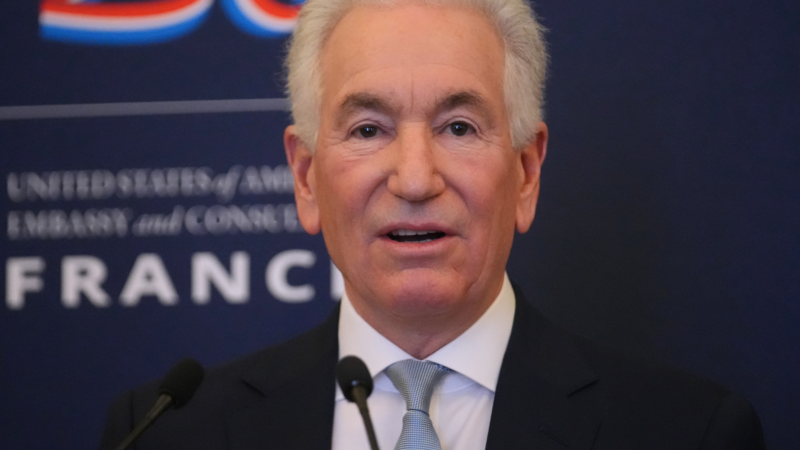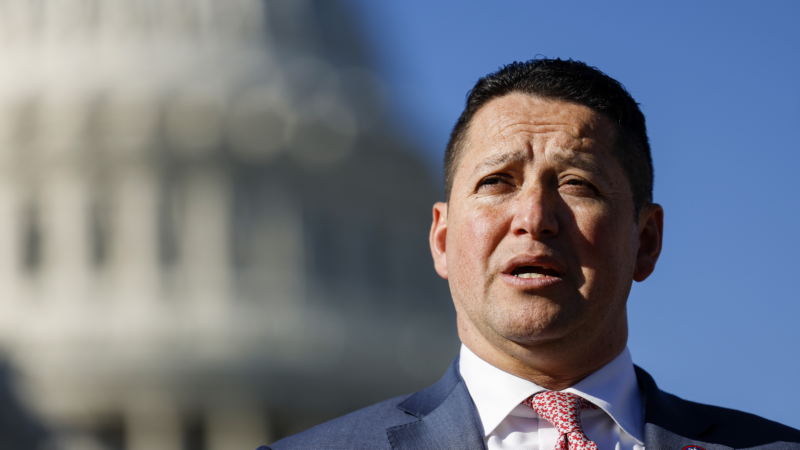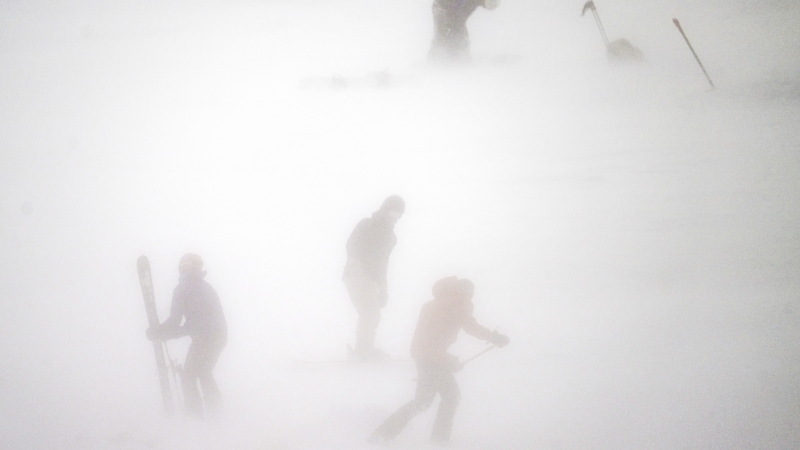WBHM Reporter Dan Carsen Wins Award for Outstanding Coverage of Family Issues
Public Radio WBHM 90.3 FM’s Southern Education Desk reporter Dan Carsen has won the Council on Contemporary Families 2016 Award for Radio Coverage of Family Issues for his four-part series “Bilingual Education in the South.”
The award honors outstanding journalism that contributes to the public understanding of contemporary family issues. Carsen’s series, produced with support from Renaissance Journalism’s Equity Reporting Fellowship Project, first aired on WBHM and was published at the Southern Education Desk (southerneddesk.org). This past December, it was also published by Public Radio International (pri.org). Carsen’s work was also recognized by CCF in 2013.
The series starts at a majority African-American school in Georgia where students are becoming fluent in Spanish – by taking their core subjects in Spanish – without sacrificing test scores or mastery of core subjects. It then takes listeners to another innovative campus in that state, which contrasts with the rest of the Deep South, including Alabama, where policies have not caught up with research and where language-minorities have some of the lowest test scores and graduation rates.
“If listeners and readers learn half as much as I did while working on this project, I’ll consider it a huge victory,” says Carsen. “Who would’ve thought that teaching immigrant kids their math, science, and social studies in their native language would lead to better mastery of English? It’s a perfect example of how research can show that what seems obvious, intuitive, or ‘common sense’ isn’t always true. And I met so many fascinating, sharp, dedicated people … I’m thankful for all of it.”
WBHM News Director Rachel Osier Lindley says, “Simply from a news perspective, we know the issue of how to educate increasing numbers of non-English-speakers is not going to go away. And from a human perspective, our systems are failing these kids. We know our listeners care, and we’re proud of Dan for taking on this ambitious project, diving in, and telling the stories the way he did.”
About the Southern Education Desk
The Southern Education Desk is a consortium of public radio and television stations in five states (Alabama, Georgia, Louisiana, Mississippi and Tennessee) committed to exploring the challenges and opportunities confronting education in the southern U.S. in the 21st century. Besides a well-earned reputation for unbiased, fact-based reporting, the SED has roots in education: public media began as an educational tool, so you might say it’s in our DNA. Our mission is to be a place where people come to find useful, practical information on education — a clearinghouse for resources and research, as well as a forum for participation in reasoned discussion about the challenges of education in the southern United States. More at southerneddesk.org.
About the CCF Media Awards
The CCF media awards were established in 2002 as part of the Council’s commitment to enhancing the public understanding of trends in American family life. “All too often, changes in U.S. family patterns are painted in stark, better-or-worse terms that ignore the nuanced and complex realities of family life today. The Awards Committee looked for work that put individual family issues in larger social context. This kind of coverage offers the public a balanced picture of the tradeoffs, strengths, and weaknesses in many different family arrangements and structures,” explained Stephanie Coontz, CCF’s Director of Research and Public Education. Visit www.contemporaryfamilies.org for more information.
France moves to bar US Ambassador Charles Kushner from direct government access
France's top diplomat has requested that U.S. Ambassador Charles Kushner no longer be allowed direct access to members of the French government. Kushner skipped a meeting Monday to discuss comments by the Trump administration over the beating death of a far-right activist.
GOP Rep. Tony Gonzales faces pressure from party over affair allegations
The Texas Republican is facing calls from fellow House Republicans to resign, following allegations of an affair with a staffer who later died by suicide.
In pictures: Winter storm slams the east coast
Photos of cities in Connecticut, New York, New Jersey and Massachusetts as they cope with a powerful winter storm.
The FDA creates a quicker path for gene therapies
The Food and Drug Administration aims to evaluate treatments for rare diseases based on plausible evidence that they would work — without requiring a clinical trial first.
BAFTAs apologize after guest with Tourette syndrome uses racial slur during ceremony
A man with Tourette syndrome shouted a racial slur and other offensive remarks during the BAFTA awards ceremony Sunday. The BBC did not edit out his outbursts in its delayed broadcast.
‘Everything was in pieces:’ Lindsey Vonn describes grueling surgery on broken leg
In a recent video, the Olympic skier credits her surgeon with saving her leg from potential amputation.







